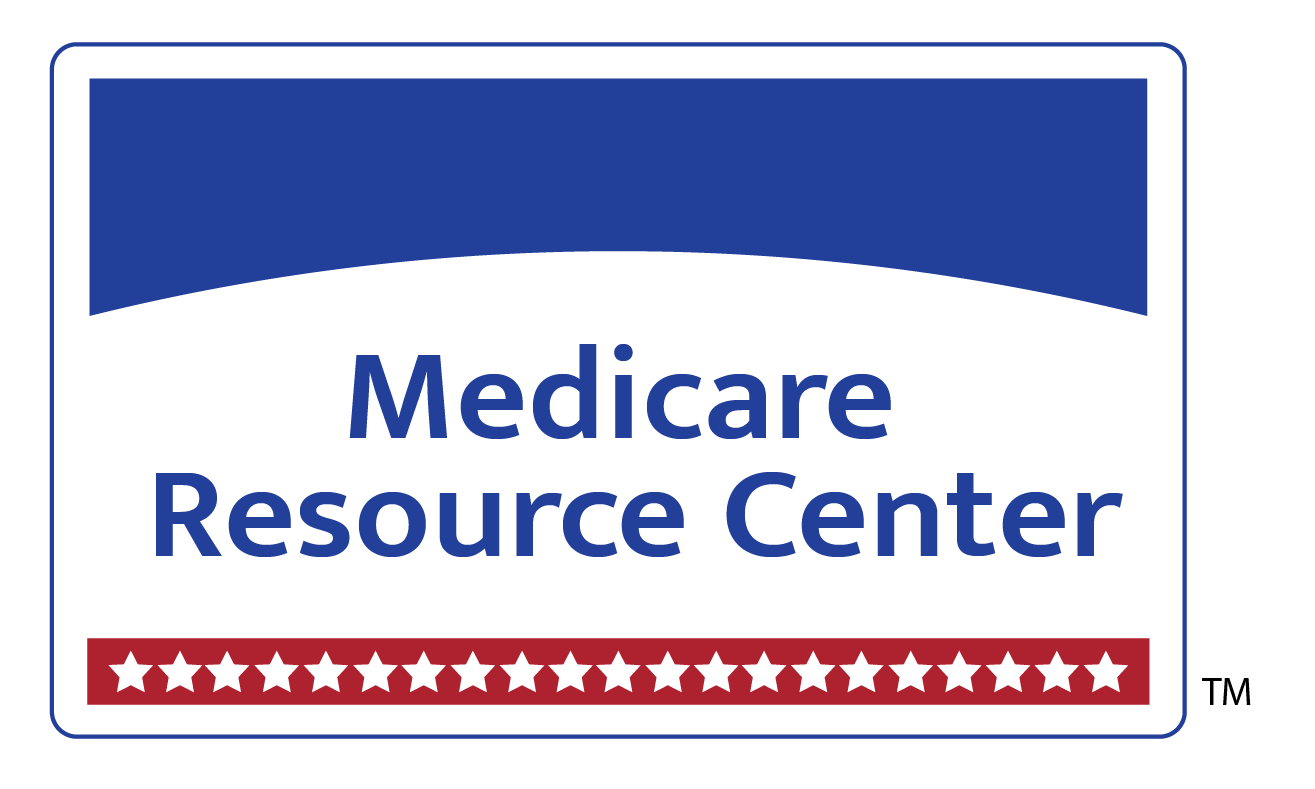Since its inception in 1965, Medicare has supported millions of Americans in maintaining their health and accessing necessary medical care.
However, understanding Medicare eligibility and navigating potential health care plans can be complex, especially if you're under 65 and have a disability. Whether you’re newly diagnosed or seeking clarity on your healthcare rights, our Medicare guide is here to help you every step of the way. Let us walk you through the basics.

Key Takeaways:
If you’re under 65 and have a disability, you may qualify for Medicare coverage.
A qualifying disability is generally any health condition that prevents you from working enough to access employer-sponsored health benefits.
You must receive Social Security Disability Insurance (SSDI) for two years before enrolling in Medicare. However, if you have end-stage renal disease or amyotrophic lateral sclerosis (ALS), this 24-month waiting period is waived.
Medicare and Disability: A Brief Overview
Medicare provides coverage for adults over 65 and some individuals under 65 who have disabilities meeting certain criteria. There are several parts of Medicare:
Part A: Covers inpatient care, skilled nursing facilities, and some home health or hospice care.
Part B: Covers services from doctors and other health care providers, outpatient care, preventive services, and durable medical equipment like wheelchairs.
Part C (Medicare Advantage): Offered by private companies approved by Medicare, these plans bundle Part A, Part B, and usually Part D.
Part D: Covers prescription medications.
Medigap: Supplemental insurance that helps pay for costs not covered by Original Medicare, such as coinsurance and deductibles.
Medicare vs. Medicaid for People with Disabilities
Medicare was originally designed to cover older adults who lost employer-based insurance upon retirement at age 65, and now also covers those under 65 receiving Social Security disability benefits. Funded through federal Social Security taxes, Medicare has no income limits for eligibility.
In contrast, Medicaid is a needs-based program for low-income individuals funded through federal, state, and local taxes. Medicaid has specific income and asset limits and is often prioritized for older adults, those with disabilities, pregnant women, and families in need.
If you have a disability and receive Supplemental Security Income (SSI), you’re generally automatically eligible for Medicaid. However, because each state administers Medicaid differently, eligibility criteria can vary.
Medicare Eligibility Criteria for Individuals Under Age 65
If you’re under 65 and have a disability, you generally need to receive SSDI benefits for two years before becoming eligible for Medicare. Both SSDI and SSI provide assistance to those meeting the Social Security Administration's (SSA) disability criteria, but their nonmedical requirements differ:
SSDI: Benefits are available if you or certain family members have worked long enough, recently enough, and paid Social Security taxes.
SSI: Provides benefits to adults and children with limited income and resources who meet the SSA’s disability requirements.
Disabilities That Qualify for Medicare Under Age 65
Eligibility for Medicare benefits is not tied to a specific condition but rather to the impact of the condition on your ability to work. You may qualify if you have a medical condition that significantly limits your ability to perform regular, continuous work activities for at least 12 months.
Navigating the Application Process
To become eligible for Medicare under 65, follow these steps:
Apply for SSDI benefits: Gather all necessary documents, including medical records, test results, and work history.
Wait 24 months: This waiting period applies after you start receiving SSDI benefits unless you have ALS or end-stage renal disease.
Enroll in Medicare: Once eligible, you’ll be automatically enrolled in Medicare.
Comparing Medicare and Social Security
Medicare and Social Security are distinct federal benefit programs. Social Security offers financial support, while Medicare provides health insurance. Together, they form a safety net for those with disabilities.
Get Help from Our Medicare Pros
Navigating Medicare enrollment can be challenging, but you don’t have to do it alone. Our Medicare Pros are here to guide you through the process, answer your questions, and help you understand your options. Whether it’s your first time enrolling or you’re making changes during an open enrollment period, our team is ready to provide personalized support to ensure you get the coverage that meets your needs.

Komentar